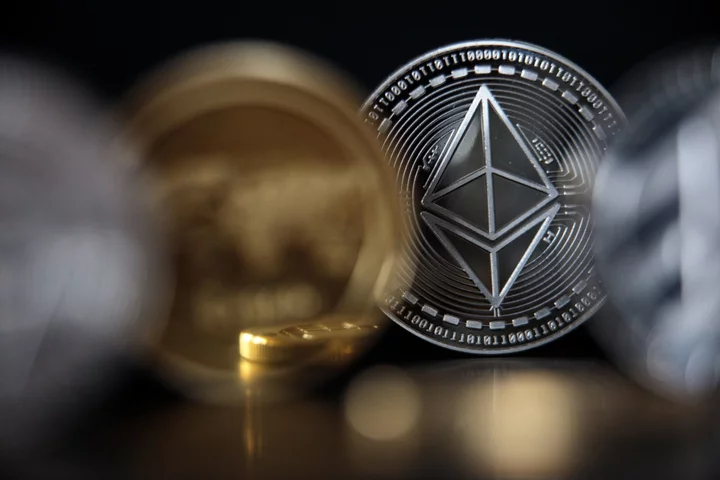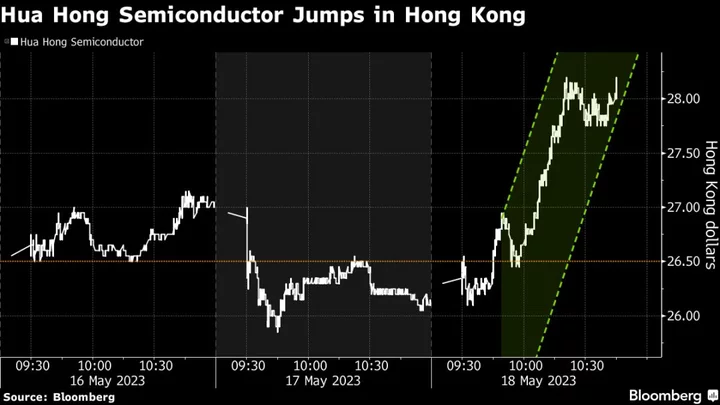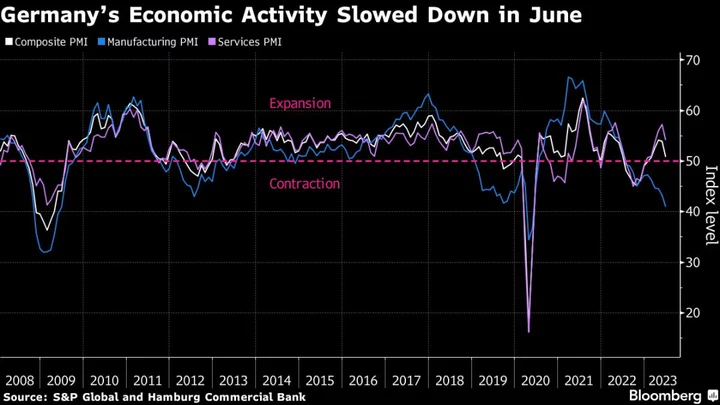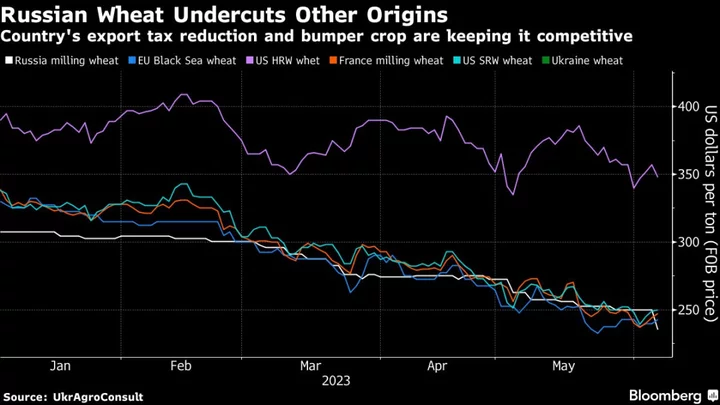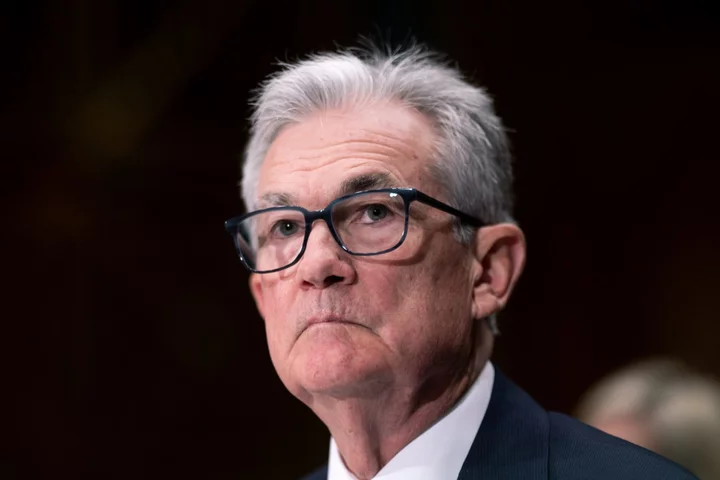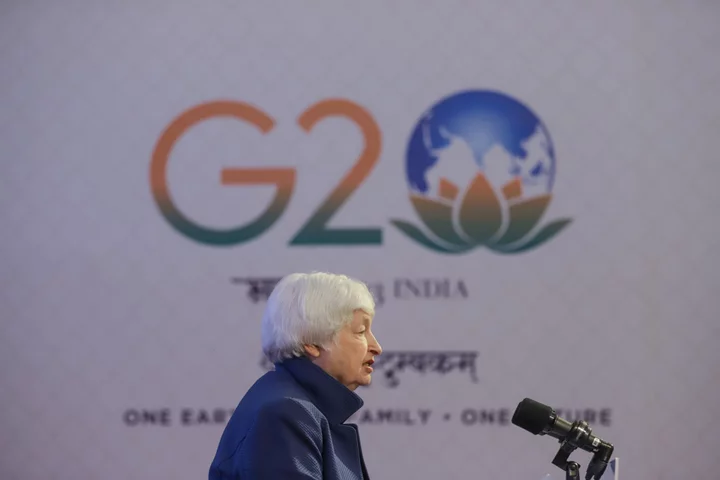The first-ever exchange-traded funds based on Ether futures began trading in the US, capping a years-long battle by firms to provide investment vehicles centered on the second-largest digital token.
ProShares, VanEck and Bitwise, among others, launched a combined eight funds. Ether fell less than 1% after an initial rally. About $2 million in volume traded as of noon, according to data compiled by Bloomberg Intelligence.
The launches come almost exactly two years after Bitcoin-futures ETFs premiered in the US to much fanfare and a rapid gathering of assets for the first such product, the ProShares Bitcoin Strategy ETF (ticker BITO). Yet that launch happened at the height of the crypto boom, when Bitcoin, the largest virtual currency, trader above $60,000. The race for dominance and assets this time around could be more challenging as crypto prices wither — Bitcoin is currently hovering around $28,000 — and investor interest in the once-hot space remains nearly extinguished.
“Even if there’s not a lot of grassroots demand the same way as there was for BITO — which we don’t know yet — all of these firms will put a lot of marketing behind these funds,” said James Seyffart, an analyst at Bloomberg Intelligence. He cites Ether futures open interest, which is about one-fifth that of Bitcoin’s futures market. If Ether ETFs take just a share of that, it could amount to $100 million to $200 million in demand.
“I wouldn’t say it will be a nothing-burger, but it’s also unlikely to be another BITO,” he said.
Monday’s newcomers included the VanEck Ethereum Strategy ETF (ticker EFUT), the Bitwise Ethereum Strategy ETF (AETH), the Bitwise Bitcoin and Ether Equal Weight Strategy ETF (BTOP), and three funds from ProShares, including the ProShares Ether Strategy ETF (EETH).
The SEC had not — until now — permitted for such funds to trade, though Bloomberg News reported in August that the regulator was poised to allow them to debut this fall. Regulators have in the past been hesitant to give a green-light to these types of crypto-centric products. In fact, some companies had earlier this year rescinded their applications for just such a product, with their withdrawals coming amid an industry wide crackdown by regulators.
Fast forward to today, and issuers are clamoring to get their products out, with some putting up glitzy marketing campaigns for their funds. Still, the market has shown little enthusiasm toward the second-largest digital asset, with Ether down roughly 6% over the past two months to trade around $1,660. Bitcoin has also dropped during that stretch and is hovering around $28,000, down roughly 60% from its highs.
“Investors are more likely to get excited when an Ether-spot ETF launches, which could potentially be in early 2024. But even then, spot-Bitcoin ETFs will likely steal the spotlight,” said Roxanna Islam, associate director of research at VettaFi.
The first Bitcoin-futures funds in the US launched in October 2021 and were a hit right from the start. ProShares’ BITO ETF amassed $1 billion in assets at a lightning-fast pace. But the fund wasn’t able to sustain that momentum, and flows slowed over time.
Crypto-based products have, overall, failed to generate much investor interest even with them being the best-performing equities ETFs this year. The top five best-performers are all crypto-related, according to Bloomberg data. They’re each higher by more than 80% in 2023. But they’ve collectively only gathered around $30 million in inflows this year.
To be sure, while crypto funds might be suffering, Ether could see interest again should prices recover more strongly — especially considering that a lot of investors prefer Ether over Bitcoin as they see a lot of use cases for its blockchain technologies, says Mohit Bajaj, director of ETFs at WallachBeth Capital. As for the new ETFs, their easy access could be a benefit that leads to flows.
“Many people can just buy the ETFs in their brokerage accounts and it adds another avenue to track the performance of Ethereum — in a consolidated platform along with their other investments,” he said.
--With assistance from Stephen Kirkland.
(Updates with new trading data and prices.)

